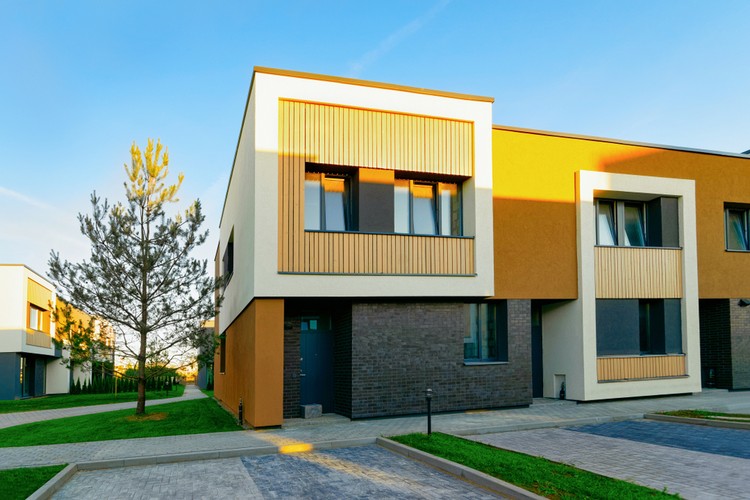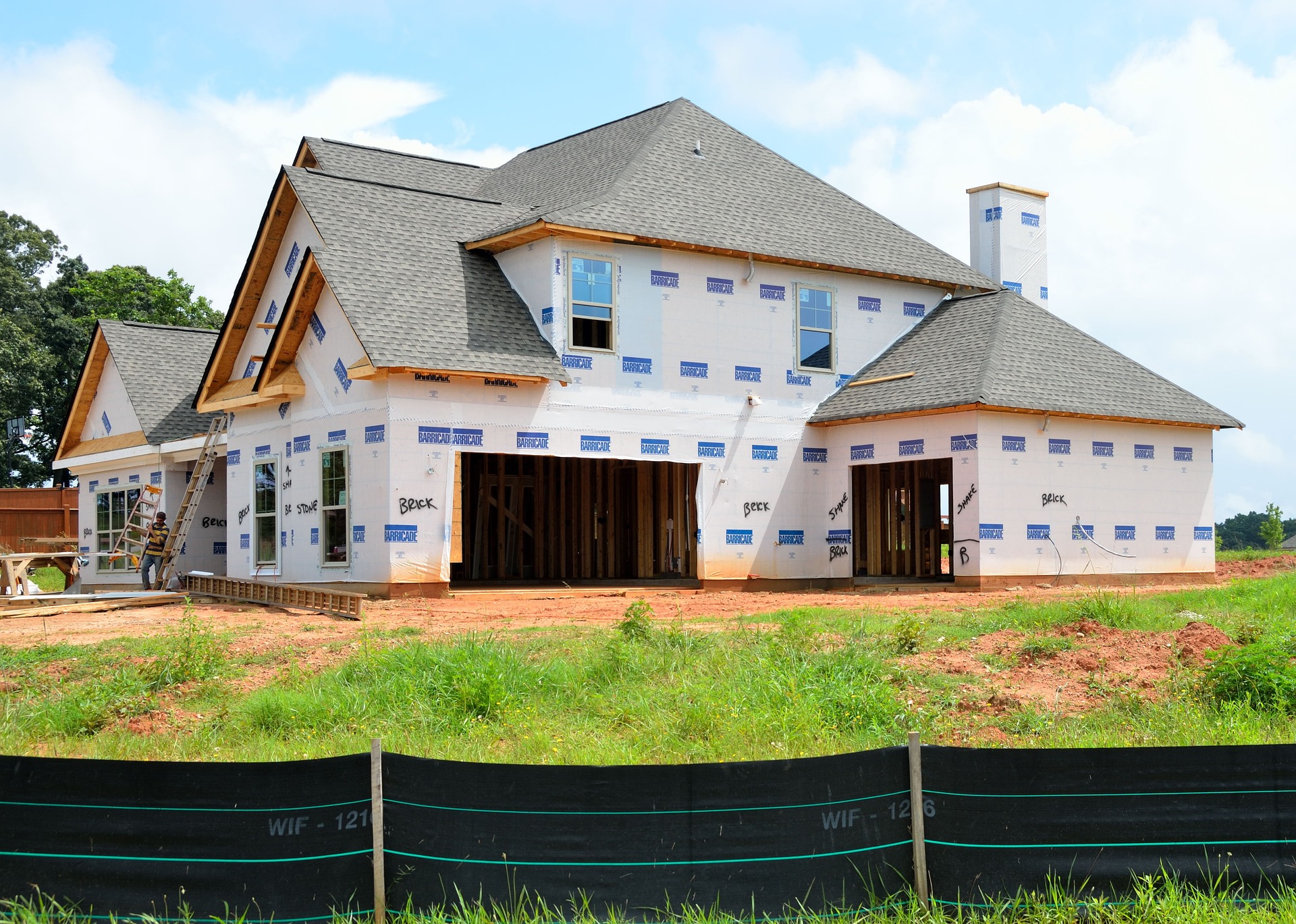Exploring Modular Homes: A Smart Approach to Contemporary Living
In today's rapidly evolving housing market, modular construction offers unique advantages. From factory prefabrication of basic modules to professional on-site assembly, every step is meticulously designed to ensure the final product meets the practical needs of modern living. This building form offers a worthy option for those seeking differentiated housing solutions, retaining the qualities of traditional housing while incorporating the efficiency of modern engineering.

Understanding Prefab Modular Buildings
Prefab modular buildings are manufactured in factory settings using standardized processes and quality control measures. Each module is built to local building codes and regulations, ensuring compliance with safety and structural requirements. The controlled manufacturing environment allows for precise construction techniques, reduced waste, and protection from weather-related delays that often affect traditional construction projects.
These structures can range from single-family homes to multi-story residential complexes and commercial buildings. The modular approach allows for customization while maintaining cost efficiency, as manufacturers can produce multiple units with similar components while accommodating individual design preferences.
How to Build a Modular Home
The process of building a modular home involves several coordinated steps. First, buyers work with manufacturers or dealers to select floor plans and customize features. The foundation must be prepared on-site while modules are being constructed in the factory, typically taking 4-6 weeks for completion.
Once modules are finished, they’re transported to the building site using specialized trucks and cranes for assembly. The modules are positioned on the prepared foundation and connected through electrical, plumbing, and HVAC systems. Final finishing work, including connecting utilities and completing exterior elements, usually takes an additional 2-4 weeks.
Throughout this process, inspections occur both at the factory and on-site to ensure compliance with local building codes. Many manufacturers provide detailed timelines and coordinate with local contractors to streamline the building process.
Manufactured Homes vs Modular Homes
The distinction between manufactured homes and modular homes lies primarily in building codes and construction standards. Manufactured homes are built according to federal HUD codes and remain personal property unless permanently affixed to real estate. These homes are typically more affordable but may have different financing options and resale considerations.
Modular homes, however, are constructed to meet local building codes identical to those governing site-built homes. They become real property once installed on permanent foundations and generally maintain better resale value. Modular homes often feature higher-quality materials and construction methods, reflecting their compliance with more stringent building standards.
Insurance and financing options also differ between these housing types, with modular homes typically qualifying for conventional mortgages similar to traditional homes, while manufactured homes may require specialized financing programs.
Exploring Modular Home Kits
Modular home kits offer varying levels of completion and customization options. Some manufacturers provide complete turnkey solutions, including design, construction, delivery, and installation services. Others offer partial kits that require buyers to coordinate certain aspects of construction or finishing work.
Kit options typically include structural components, roofing systems, windows, doors, and basic electrical and plumbing rough-ins. Buyers can often select flooring, fixtures, appliances, and interior finishes to personalize their homes. Some manufacturers offer design software or consultation services to help customers visualize their completed homes.
The complexity of kit assembly varies significantly among manufacturers, with some requiring professional installation while others cater to experienced do-it-yourself builders. Understanding what’s included in each kit package helps buyers make informed decisions about their construction timeline and budget requirements.
| Provider | Home Type | Price Range | Key Features |
|---|---|---|---|
| Clayton Homes | Single/Multi-section | $60,000-$200,000 | Energy efficient, customizable floor plans |
| Champion Home Builders | Modular/Manufactured | $70,000-$300,000 | Quality construction, diverse design options |
| Deer Valley HomeBuilders | Modular homes | $80,000-$250,000 | Custom designs, local code compliance |
| Palm Harbor Homes | Factory-built homes | $65,000-$180,000 | Affordable options, quick delivery |
Prices, rates, or cost estimates mentioned in this article are based on the latest available information but may change over time. Independent research is advised before making financial decisions.
Advantages of Modular Construction
Modular construction offers several advantages over traditional building methods. The controlled factory environment reduces construction delays caused by weather, while standardized processes improve quality consistency. Many buyers appreciate the predictable timeline, with most modular homes completed faster than comparable site-built construction.
Cost efficiency represents another significant benefit, as factory production allows for bulk purchasing of materials and streamlined labor processes. Quality control measures implemented during factory construction often result in fewer callbacks and warranty issues compared to field construction.
Environmental benefits include reduced construction waste, as factory settings enable precise material usage and recycling programs. The efficiency of modular construction can also result in homes with better energy performance due to consistent installation of insulation and air sealing systems.
Modular homes continue gaining acceptance among homebuyers seeking efficient, quality housing solutions. The combination of customization options, quality construction, and predictable timelines makes modular construction an increasingly attractive alternative to traditional building methods. As manufacturing processes continue evolving and improving, modular homes are likely to play an expanding role in addressing contemporary housing needs while maintaining the quality and durability expectations of modern homeowners.




